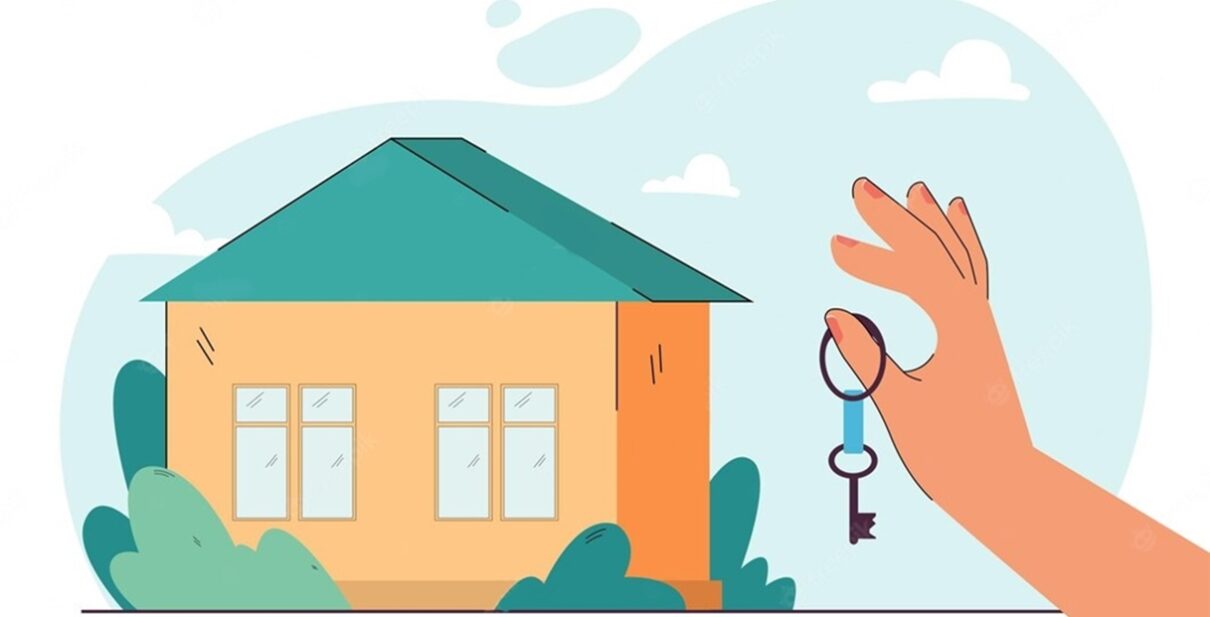
The association provides social housing services for people with disabilities and supported housing in the local community.
The professional support service team for independent living of people with intellectual disabilities ensures: human development, learning and education, life at home, life in the community, employment-work engagement, health and safety, behavior, sociability, protection and self-advocacy.
Focusing on support as a way of improving education, employment, recreation and the living environment contributes to an approach in which the person with intellectual disabilities is at the center of the process, thus providing the entire support system.
The ultimate goal of support is the improvement of personal independence and productivity, greater participation in the community, and the improvement of the quality of life.
Support is primarily provided in homes, in a day center in a familiar and natural environment. This implies the creation of a support system that is adapted to the individual needs and interests of the subject and that ensures their stay and participation in the community.
A team of experts through individual access to users and support and through cooperation with existing services, authorities and non-governmental associations, etc., i.e. provides users with appropriate programs in which they can satisfy their needs/rights, i.e. receive appropriate service. It is a continuous lifelong process for people with intellectual disabilities:
1.1. Evaluation of the intensity of support for OIT
The goal is to assess the individual need for support in accordance with individual abilities:
Determining the desired life experiences and goals of a person – Discovering the areas of need in accordance with the interests and preferences of an individual will be carried out through a simple interview or conversation, as well as by observing the everyday situations in which the person finds himself and the way he reacts in different situations and activities.
Determining the intensity of individual needs for support in different environments and activities – using the multidimensional scale Support Intensity Scale – SIS (Supports Intensity Scale) – (Thompson et al., 2002). Assessing support, determining the intensity of support, monitoring progress and evaluating results will cover the following areas: Home Life, Community Life, Education/Training, Employment, Health and Safety, Behaviour, Social Care and Advocacy;
Creation of an individual support profile – After defining the frequency, duration, type and source of the required support for each of the 8 areas of need, a Profile of the required support is created. In defining the support plan, the team determines in detail what, when, where, how and by whom the support will be provided. The purpose of the individual support plan is to provide the person with experiences and the realization of life goals based on personal interests.
Individual programs will be developed for each OIT depending on needs, abilities and interests. After the assessment of general competence is completed, the priority for the development and implementation of individual programs is determined.
1.2. Assessment of areas of maladaptive forms in behavior
The goal is to assess the appearance of maladaptive forms of behavior (aggression, auto-aggression, inadequate sexual behavior, etc.) that are the result of living conditions that must be investigated in certain situations in order to provide support and understanding of one’s own needs and take responsibility for one’s own behavior.
In all the activities that will be evaluated to implement social competence improvement programs during the entire duration of the project, the occurrence of maladaptive forms of behavior will be evaluated; destructiveness directed towards the environment (aggression); self-directed destructiveness (auto-aggression); sexually inappropriate/problematic behavior and ‘other undesirable behaviour’.
1.3. Evaluation of the OIT support program
The effectiveness of the program is monitored daily in all situations and activities in which OIT is active and will be visible on the axis of the difference between the expected results of the support planning process and the achieved results in the assessment areas (Life at home, Life in the community, Education/training, Employment, Health and safety, Behavior, Social Protection and Advocacy), including those unforeseen since the assessment and planning of support is cyclical in nature, so monitoring can lead to a return to component 1 (examination of desired life goals and experiences) and/or component 2 (assessment of the intensity of needs) for support).

